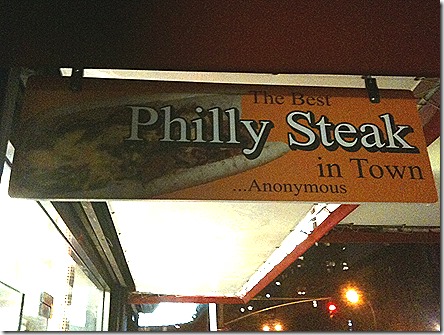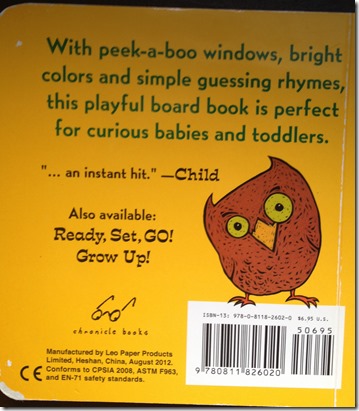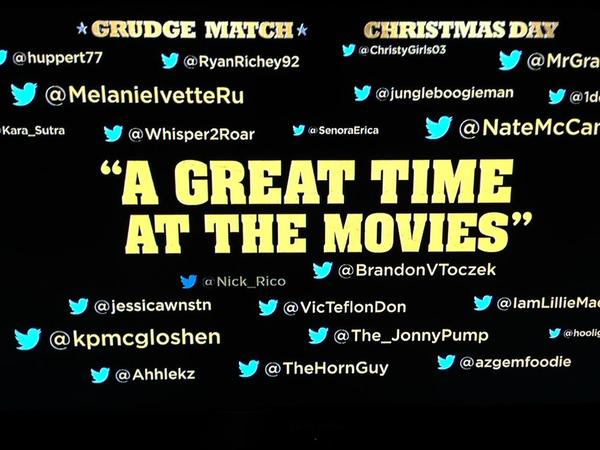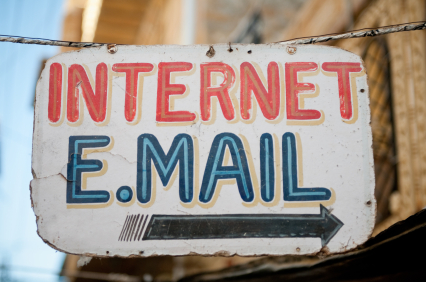When Testimonials Backfire
Many businesses depend on testimonials to help sell their products or services.
My firm, for example, has a “what our clients say” page on our website that features short testimonials from past clients. I’m proud of the clients we’ve worked with, and the blurbs send a nice message to potential clients that we’ve delivered successful trainings to a broad variety of high-profile organizations.
But a few months ago, a client told me they almost didn’t hire me because of a testimonial on our website. The blurb came from a former U.S. Congressman (I won’t name names or parties). The new client didn’t like that politician’s politics—and he assumed, based on the testimonial, that my firm specialized in ideological causes (we don’t).
He was right. Not only was the politician not representative of our work, but the inclusion of his name sent a signal—the wrong one—to potential clients about what we do and who we are. I removed the testimonial.
Getting testimonials right matters. And a lot of businesses get them wrong, such as this one:
The restaurant claimed to have the best Philly Steak in town—but attributed that quote to an anonymous person, not a local magazine, restaurant reviewer, or Yelp review. Nope, just some random person who, probably drunk at 3:00 a.m., took a bite and screamed, “This is the best Philly Steak in town, dude!” —and then, almost certainly, threw up.
Then, there was this review on the back of one of my son’s books:
This book is “…an instant hit,” said some random child. (This book is intended for one- and two-year olds, so I’m in awe of the 20-month-old who allegedly uttered the phrase “…an instant hit.”) Most other books, in comparison, feature reviews from book reviewers or respected children’s publications, not a random and anonymous child.
Then, there was the poorly reviewed Sylvester Stallone-Robert DeNiro movie “Grudge Match,” which relied on random Twitter users to praise the film (presumably because no self-respecting film critic would).
In all four of these cases—mine, the cheesesteak restaurant’s, the book’s, and the movie’s—the testimonials backfired. Mine sent the wrong signal; the other three sent a signal that lacked credibility (or worse, elicited unintended laughs).
Be mindful of this when citing third parties during your interviews and speeches. If you quote someone you find credible but who may divide your audience, you might do better without it.
It’s occasionally effective to quote an anonymous party—but those quotes are often best when either elaborated upon in an anecdote or bolstered by data. For example, you might say, “One father told me that this is his favorite book to read to his child—and 32 other reviewers said something similar on the book’s Amazon page. No wonder the book is the top-selling title for toddlers!”
Don’t miss a thing! Click here to instantly join our mailing list and receive free media training and public speaking tips.




One of the best testimonials that I saw can be found at http://www.huffingtonpost.com/2012/06/28/yelp-worst-meatball-sandwich_n_1633755.html. For those who don’t (or can’t) visit the site, it’s a sandwich board outside a restaurant that reads, “Come in and try the worst meatball sandwich that one guy on Yelp ever had in his life.”
Art,
Thank you for sharing that – it’s absolutely brilliant! That’s a risky move, but personally, I’d react really well to a business that displays such a confident sense of humor. Although I might try their eggplant parm first, just to be safe. 🙂
Brad
I believe you might be wrong about the book testimonial. I suspect the “Child” they mention refers to Child magazine. Clearly if that is the case adding “Magazine” would have made it much clearer.
Chris,
Ahhh, that makes much more sense. If that’s the case, I suspect the editors were so familiar with “Child” being the name of a magazine that they never even considered that it could be seen as “random child.” I agree with you that the word “Magazine” would have eliminated any confusion.
Thanks for commenting!
Brad
I’m on the same track as Chris, Brad. I got a kick out of your “random child” comment.
Child, the magazine, is gone now … but it was well-regarded in its time. http://en.wikipedia.org/wiki/Child_(magazine)
Which was, I’m guessing, before you were a reader of childrens’ books.